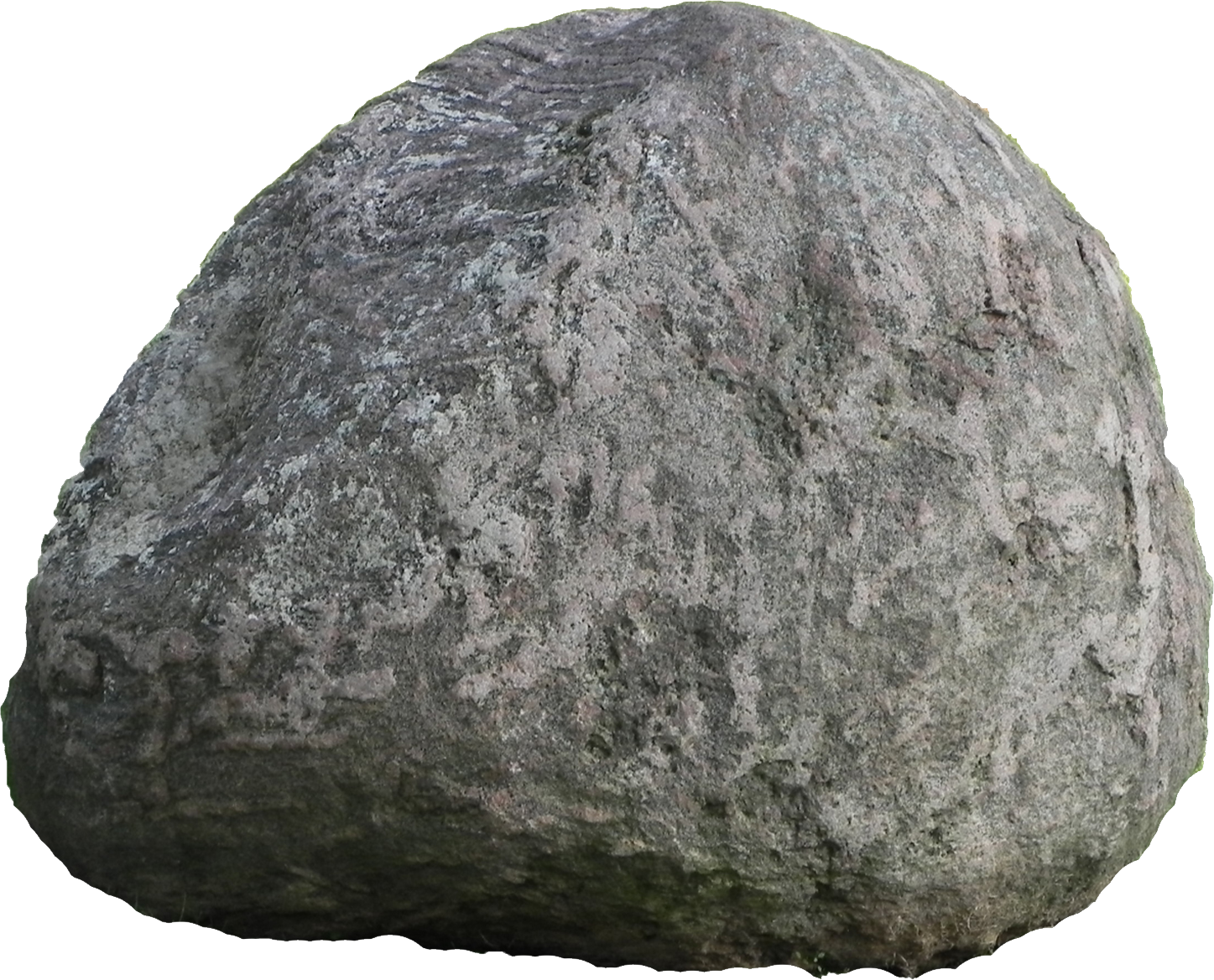Within the mosaic of American civil rights discourse, few figures evoke as profound an impact as Dr. Martin Luther King Jr. His prophetic legacy manifests not merely in his illustrious speeches or acts of nonviolent resistance but resonates deeply with the core tenets of the Bahá’í Faith. This convergence of inspirations offers a unique lens for interpreting hope, justice, and the quest for universal peace.
First, it is vital to elucidate the Bahá’í teachings that advocate for global unity and justice. Central to the Bahá’í Faith is the concept of the oneness of humanity. This principle posits that despite diverse backgrounds, races, and religions, all humans are integral to a singular fabric of existence. In tandem with Dr. King’s vision, this belief underscores that racial injustice and inequality undermine the very foundation of societal cohesiveness.
Dr. King’s profound recognition of systemic injustice articulated in “Letter from Birmingham Jail” resonates with the Bahá’í assertion that justice is a universal requisite. The Bahá’í teachings assert that societal progress is contingent upon a commitment to equity, emphasizing that mere tolerance is insufficient in the face of oppression. King’s call for active involvement in the fight against injustice mirrors this, urging individuals to engage with the societal structures that perpetuate inequality.
Moreover, the Bahá’í teachings encourage individuals to cultivate virtues that facilitate societal transformation. Characteristics such as patience, courage, and love echo through King’s own narrative. King’s journey, punctuated by challenges, exemplifies steadfastness in the pursuit of higher ideals. This alignment of internal virtues with external activism suggests a holistic approach to the civil rights movement, wherein personal development is viewed as a catalyst for wider societal change.
In Bahá’í thought, the interplay of spiritual and material progress is quintessential. The principle of the harmony of science and religion posits that both domains complement each other in the quest for truth. King’s integration of philosophical inquiry with empirical reality illustrates this principle. His ability to synthesize moral imperatives with practical strategies offers a robust framework for addressing the egregious injustices of his time. The salience of this synthesis extends to Bahá’í teachings, which advocate for informed participation in social affairs grounded in ethical and spiritual principles.
Indeed, the theme of hope epitomizes King’s approach to activism. His aspiration for a more equitable society embodies the Bahá’í belief in the transformative power of faith and action. The metaphor of a “stone of hope” stands as an enduring image, suggesting that amidst the wretchedness of despair, a single steadfast object can symbolize resilience. King’s invocation of hope, reflected in his “I Have a Dream” speech, serves as a beacon urging individuals to strive for a better future, encapsulating the essence of what the Bahá’í Faith promotes.
Further delving into the prophetic legacy of Dr. King, one can draw parallels with the writings of Bahá’u’lláh, the founder of the Bahá’í Faith. The concept of the “Most Great Peace” articulated by Bahá’u’lláh resonates with King’s dream of achieving lasting harmony among all peoples. This notion emphasizes that peace is achieved not merely through the absence of conflict but through a comprehensive understanding of interdependence among all individuals. This reciprocal relationship is pivotal in fostering relationships grounded in mutual respect and love, thus serving as a counterbalance to societal discord.
In terms of community engagement, King’s strategies illuminated the path for collective action. His orchestrated demonstrations became a touchstone for civil disobedience against injustice, emphasizing the necessity of solidarity. Corners of the Bahá’í community exemplify similar mechanisms through collective consultation, where diverse viewpoints unify towards a common goal. This engagement mirrors King’s methodology, advocating a shift from individualistic approaches to a communal resolve aimed at ameliorating societal ills.
Moreover, both the Bahá’í teachings and King’s legacy illustrate the importance of education as a transformative tool. The pursuit of knowledge is regarded as a vital means to facilitating social change within the Bahá’í community. Dr. King champions education, recognizing it as essential in dismantling prejudice and fostering understanding. Therefore, the educational initiatives within Bahá’í communities parallel King’s emphasis on enlightenment as a precursor for liberation, suggesting that informed awareness consistently emboldens individuals to challenge inequities within their own communities.
Moreover, the advocacy for gender equality emerges as an interconnected theme in the discourse surrounding Dr. King and Bahá’í principles. The Bahá’í Faith unequivocally upholds the equal rights of women and men, recognizing their integral roles in nurturing a balanced society. King’s commitment to uplifting marginalized voices includes a profound respect for women’s contributions to social movements. This synergy strengthens not only individual movements but engenders a deeper understanding of multidimensional justice, ensuring that no group remains disenfranchised in the quest for equality.
In conclusion, the interplay between Bahá’í teachings and Dr. Martin Luther King Jr.’s prophetic legacy encapsulates a profound narrative of hope—an enduring testament to humanity’s capability for transformation. As individuals endeavor to navigate the complexities of contemporary society, the insights gleaned from both sources provide invaluable guidance. This intersection affirms that the struggle for justice is not a solitary endeavor; rather, it is a collective march towards a harmonious existence grounded in love, understanding, and the unwavering belief that peace is an attainable reality.
